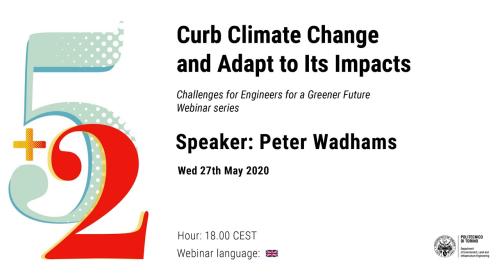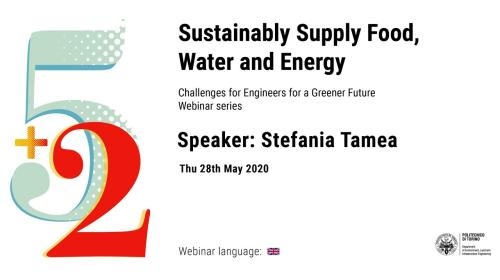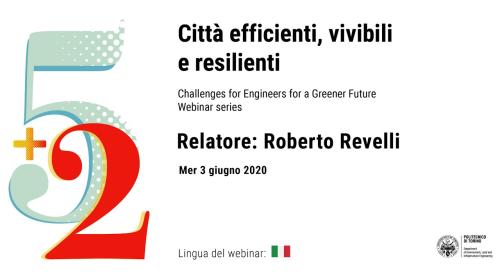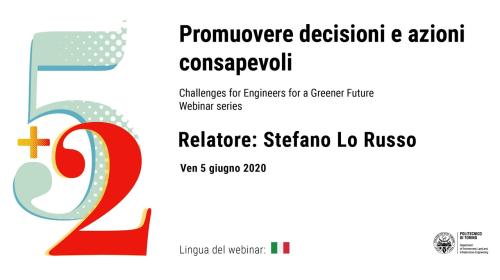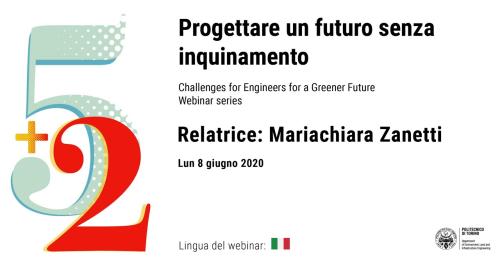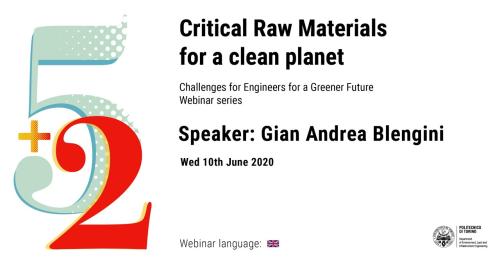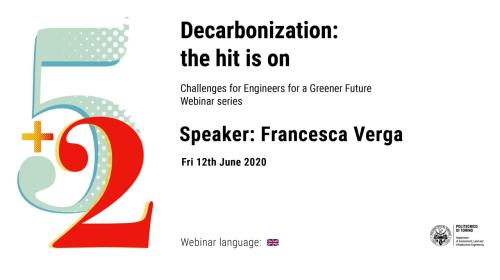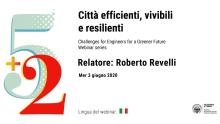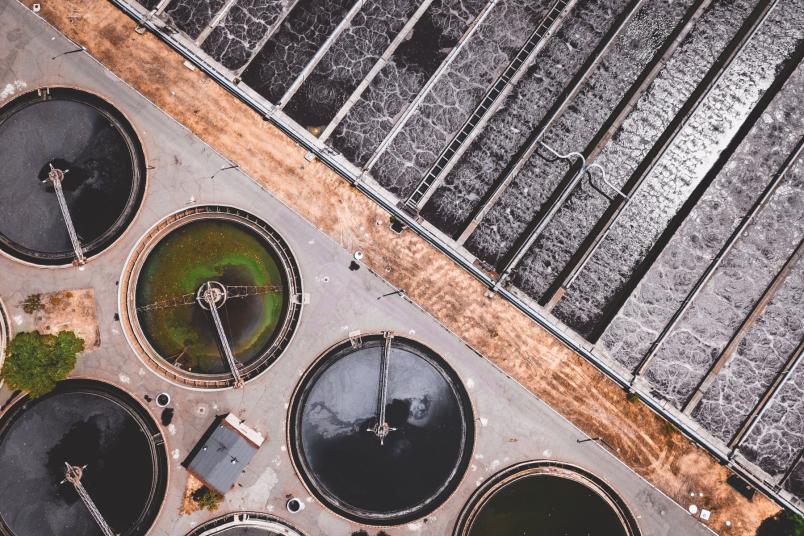
The core subjects of the programme will provide you with the necessary skills to understand and model physical, chemical and biological phenomena that are relevant to environmental and land problems. You will also take engineering courses (both core and specific) to learn about the methods, tools, techniques and technologies needed to understand the key aspects of planning and design of interventions, plants, machines and works. The core engineering learning areas include natural systems (atmosphere, water, soil, biosphere), land surveying, and design and management of systems, interventions and plants.
At the end of the programme, you will work on a thesis project for the final examination.
The Master’s degree programme is taught in Italian and in English.
In particular, the Industrial Environmental Sustainability, Geo-Engineering, and Climate Change tracks are entirely English-taught.
The programme intends to provide students with project skills and an attitute towards innovation and multidisciplinarity. That is the reason why this programme is not limited to front classes but includes a wide range of learning-by-doing activities.
You will take part in face-to-face lectures, individual or group activities, guided visits, field trips and exercises, scientific and computational laboratories, algebraic and numerical exercises, developing and using modelling, data analysis and interpretation tools.
You will be able to boost your multidisciplinary and soft skills by participating in Student Teams.
You will have the opportunity to study abroad and do an internship in companies and institutions working in the sector of environmental engineering.
